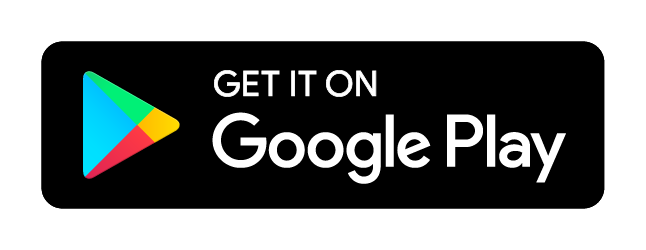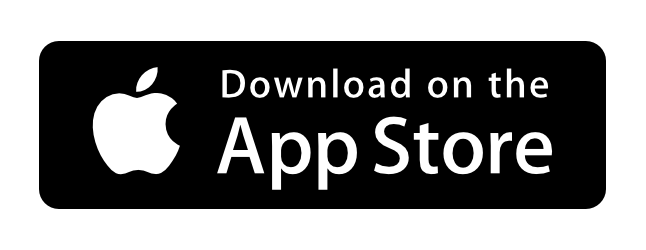This more broadly includes the people we meet, the places we go, and the tools we use in our quest for health. More directly, and as it pertains to this article, it represents our respective abilities/inabilities when it comes to our physical/mental thresholds during exercise.
If we’re lucky, we discover more good things than bad, more strong points than weak. But that’s not reality. We’re not good at everything. In fact, we’re not good at most things.
Coping with the knowledge that mastery over a vast array of disciplines, skills, and challenges is beyond our capacity is not a discovery that many are comfortable with making. More encouraging is the finding of a hidden talent or a secret strength. That’s the present we all want to find under the tree.
While I write those words with trace levels of sarcasm, my intentions should not be misunderstood. Finding out that we’re naturally good at something is not a bad thing. It’s affirming, empowering, and, most of all, it’s easy. It let’s us know, from time to time, that everything doesn’t always have to be such a struggle.
Once past this initial burst of satisfaction, though, what lasting good is this discovery? What can we use it for, besides the occasional reassurance that there are some things we can do well?
From this perspective, and in my general opinion, discovering areas where we struggle can be far more instructive, for a number of reasons.
First, it targets our training. When I found out that I couldn’t do chest to bar pullups at a CrossFit competition, you better believe I practiced them like crazy before going to the next CrossFit Games. I discovered how hard it was to do, how effective it was in building strength, and targeted my training accordingly.
Second, it questions our approach. A few months ago I did a workout that prescribed 5 rounds of 3 OH squat, 6 front squat, 9 back squat (all using bodyweight on the bar), and 12 situps. It took 11 minutes, and I was sore for a week. I had expected it to be challenging, but not anywhere near the pain I felt afterwards. Looking back, I realized I had been training heavier squats on strength days, but never in a metcon format, explaining my body’s surprising reaction to the workout. This discovery exposed a hole in my program and, thus, enabled me to rectify it.
Third, discovering our weaknesses gives us the opportunity to improve. If we only did things we were good at, we would have no motivation to train and no knowledge of where we could get better. And the affirmation we receive from getting better is far more powerful than that from discovering natural talent. Most people know this from experience. Think about your first pushup, mile run, handstand, or all day hike. Think about the time you set a personal record of any kind after being stuck at a certain spot for months. This type of empowerment only comes from improvement.
Lastly, and most importantly, realizing that we can improve is a discovery in itself. It’s one thing we all have in common. While individuals are naturally leaner, faster, or stronger than each other, nobody is without weakness. In fact, in the history of time, nobody has ever been that good at any one thing that he couldn’t get better, let alone that good at everything. It’s a universal impossibility. This is one of the most important discoveries we get to make in fitness:
There is no ceiling.
It's hard to remember when we're struggling to get off the couch and get to the gym, but everyone's been there. Discovering how hard things can be, how long they can take, and how far we still have to go, these are common struggles, and they're worth enduring. These are the ones that test our ability and raise our threshold.




